Samsung sees profits fall 60 per cent
Pressure from Apple and Chinese manufacturers sees sales of Galaxy smartphones slow


Fierce competition in the smartphone market has resulted in Samsung's quarterly profits falling by 60 per cent.
Slowing sales of its Galaxy line of smart devices are believed to have come about as a result of increased competition from Chinese manufacturers and a resurgent Apple, with its recently launched iPhone 6.
Samsung said it expects its operating income to be around 4.1 trillion won (2.5 billion) for the three months to September. This was markedly below analyst expectations of earnings of 5.2 trillion won. Quarterly sales amounted to 47tn won, below analyst estimates of 50.3tn won.
Smartphone sales accounted for nearly 70 per cent of Samsung's operating profit in 2013. The firm publishes its full financial results later in the month.
"Smartphone shipments increased marginally amid intense competition," Samsung said in a statement. "However, the operating margin declined due to increased marketing expenditure and lowered average selling price."
The South Korean tech firm said new products were in the pipeline and it was "preparing new smartphone line-ups featuring new materials and innovative designs, as well as a series of new mid-to-low end smartphones."
The company faces rivalry from Apple at the top-end of the market but has also seen market share at the lower end eaten away by Lenovo and Xiaomi in China. In emerging markets, such as India and China, Samsung's lead has been usurped by local rivals.
Get the ITPro daily newsletter
Sign up today and you will receive a free copy of our Future Focus 2025 report - the leading guidance on AI, cybersecurity and other IT challenges as per 700+ senior executives
The firm had moved the launch of its Galaxy Note 4 to late September from October in a bid to avoid clashing with Apple's iPhone 6 launch. The Note 4 went on sale in China last month in an attempt to kick-start sales in that region.
Despite below par figures, shares in Samsung increased by 1.6 per cent in Seoul after the warning was released.
The firm is also considering opening a new $15 billion semiconductor factory in South Korea to tap into demand for memory chips. Construction of the factory could start next year.
Rene Millman is a freelance writer and broadcaster who covers cybersecurity, AI, IoT, and the cloud. He also works as a contributing analyst at GigaOm and has previously worked as an analyst for Gartner covering the infrastructure market. He has made numerous television appearances to give his views and expertise on technology trends and companies that affect and shape our lives. You can follow Rene Millman on Twitter.
-
 Should AI PCs be part of your next hardware refresh?
Should AI PCs be part of your next hardware refresh?AI PCs are fast becoming a business staple and a surefire way to future-proof your business
By Bobby Hellard Published
-
 Westcon-Comstor and Vectra AI launch brace of new channel initiatives
Westcon-Comstor and Vectra AI launch brace of new channel initiativesNews Westcon-Comstor and Vectra AI have announced the launch of two new channel growth initiatives focused on the managed security service provider (MSSP) space and AWS Marketplace.
By Daniel Todd Published
-
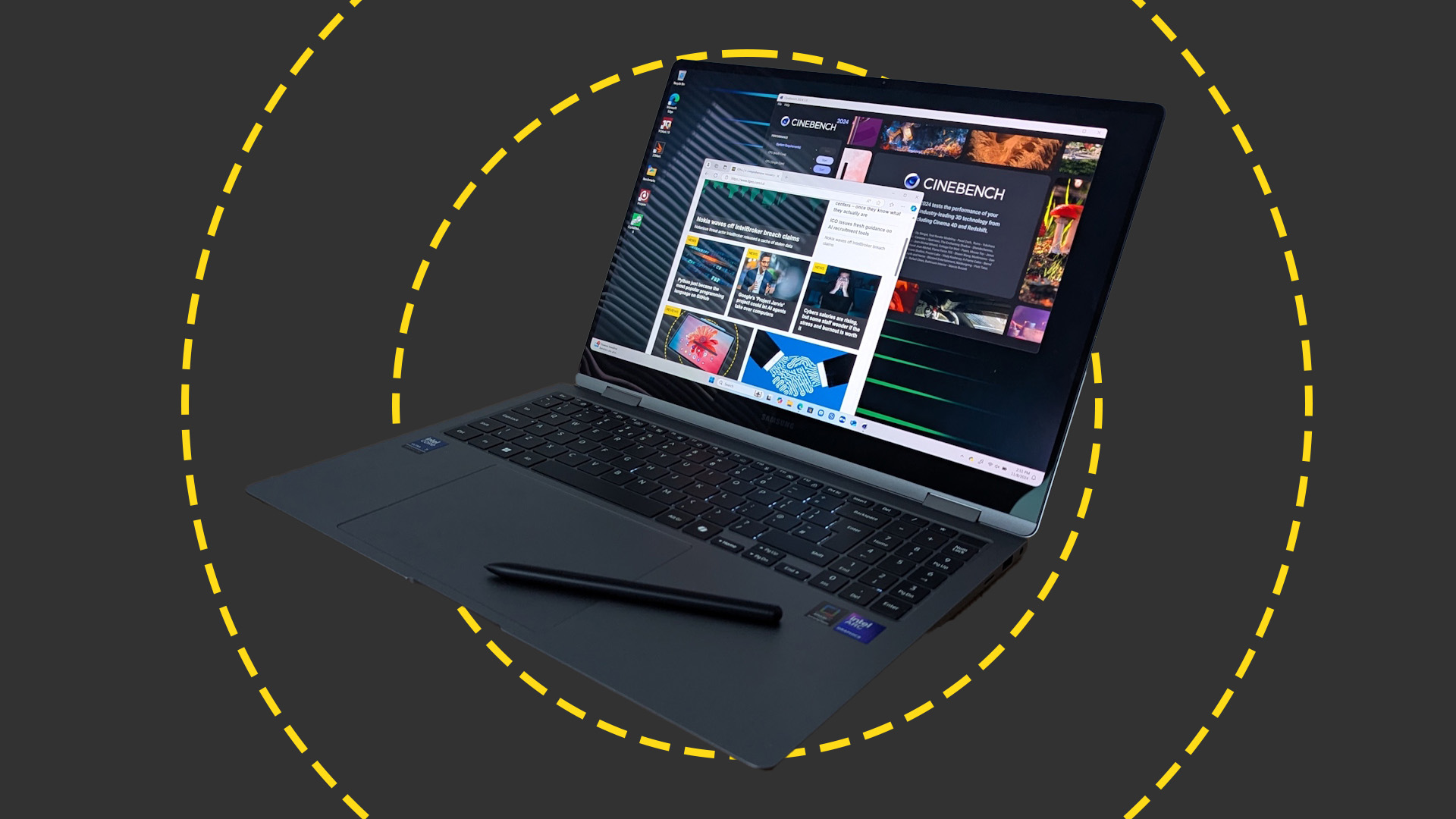 Samsung Galaxy Book 5 Pro 360 review: Almost the perfect big-screen laptop
Samsung Galaxy Book 5 Pro 360 review: Almost the perfect big-screen laptopReviews The Book 5 Pro 360 is a laptop you slowly get accustomed to, rather than one that feels right from the word go.
By Stuart Andrews Published
-
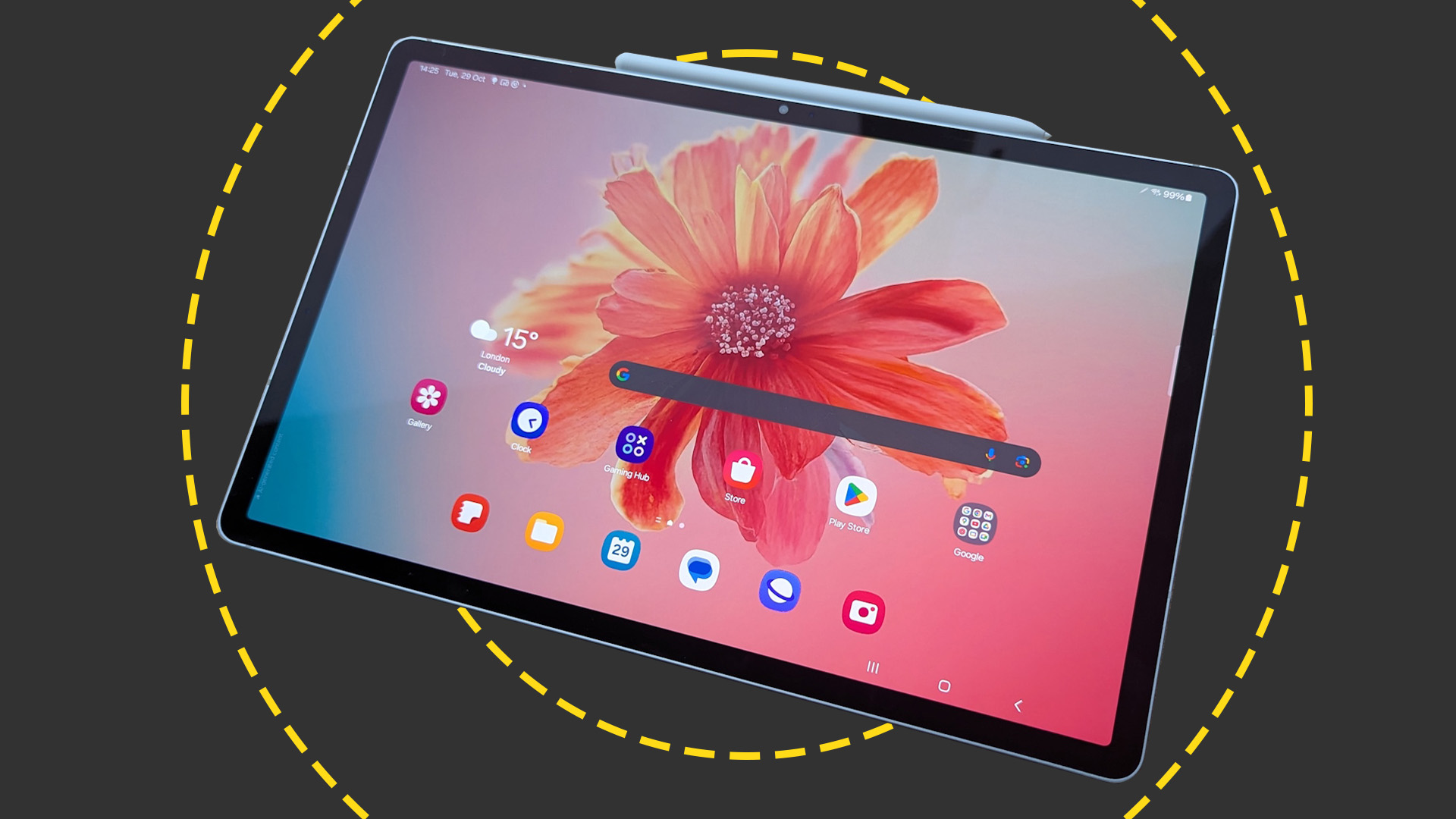 Samsung Galaxy Tab S10+ review: Possibly the best Android tablet for business
Samsung Galaxy Tab S10+ review: Possibly the best Android tablet for businessReviews With good performance, AI features and an exceptional screen, the Tab S10+ is the best Android tablet out there, if not quite the best tablet overall
By Stuart Andrews Published
-
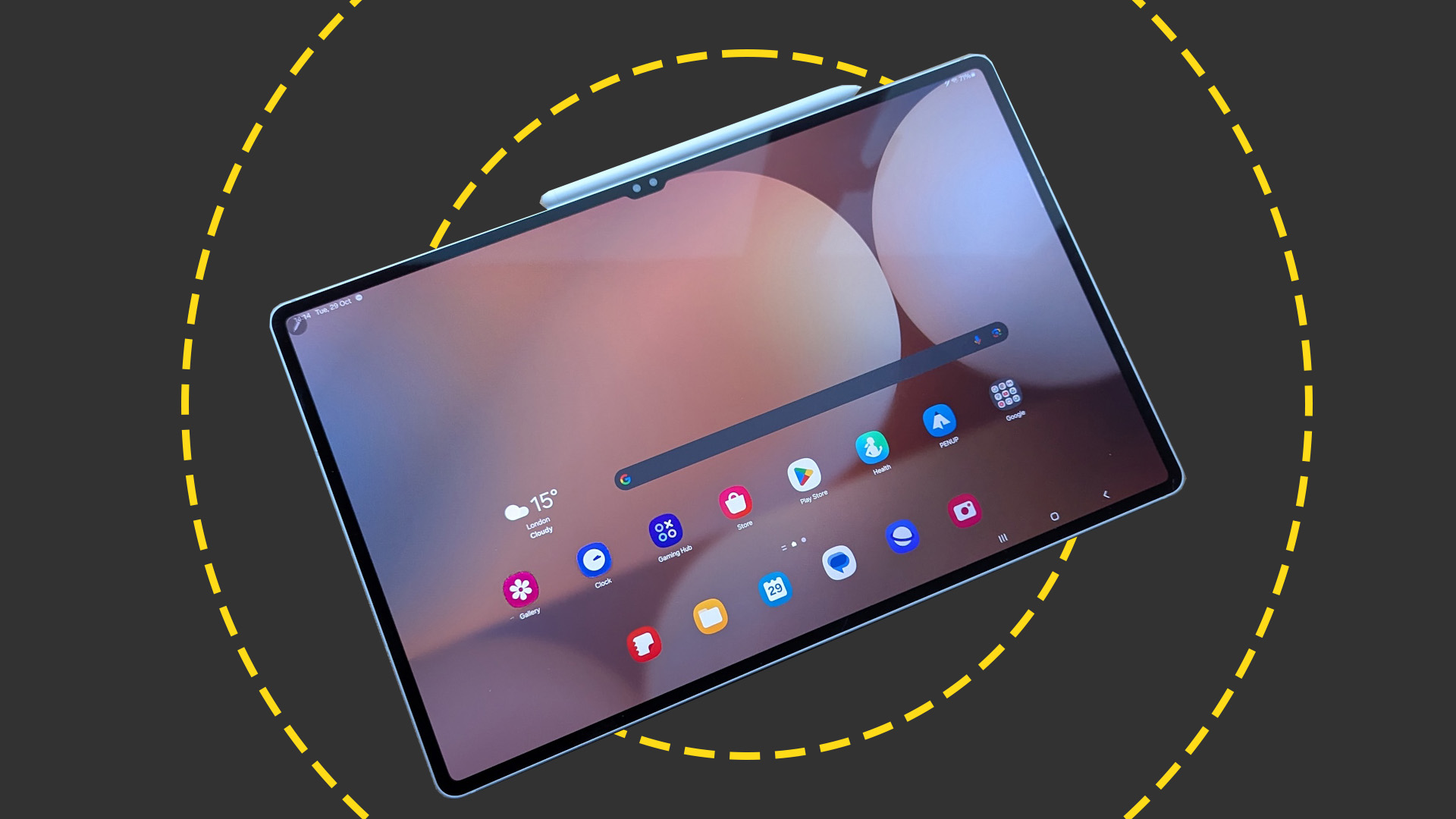 Samsung Galaxy Tab S10 Ultra review: Samsung's big-screen tablet is an AI-powered multitasking monster
Samsung Galaxy Tab S10 Ultra review: Samsung's big-screen tablet is an AI-powered multitasking monsterReviews The sheer size won't be for everyone, but the Tab S10 Ultra has the screen, performance, and multitasking prowess for serious work
By Stuart Andrews Published
-
 Rugged goes mainstream
Rugged goes mainstreamwhitepaper Why every business needs rugged devices to get the job done
By ITPro Published
-
 Why tougher doesn’t need to mean harder
Why tougher doesn’t need to mean harderwhitepaper Bridging the rugged and consumer device divide
By ITPro Last updated
-
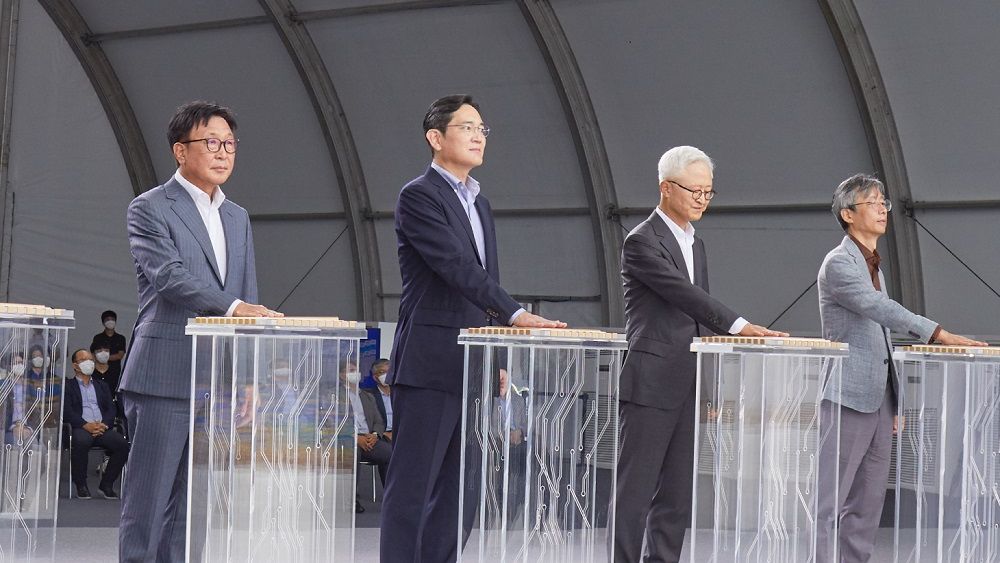 Samsung reveals plans for $15bn chip research center to break semiconductor scaling barriers
Samsung reveals plans for $15bn chip research center to break semiconductor scaling barriersNews The news follows the company's proposal in July to build 11 Texas semiconductor plants worth $191 billion
By Praharsha Anand Published
-
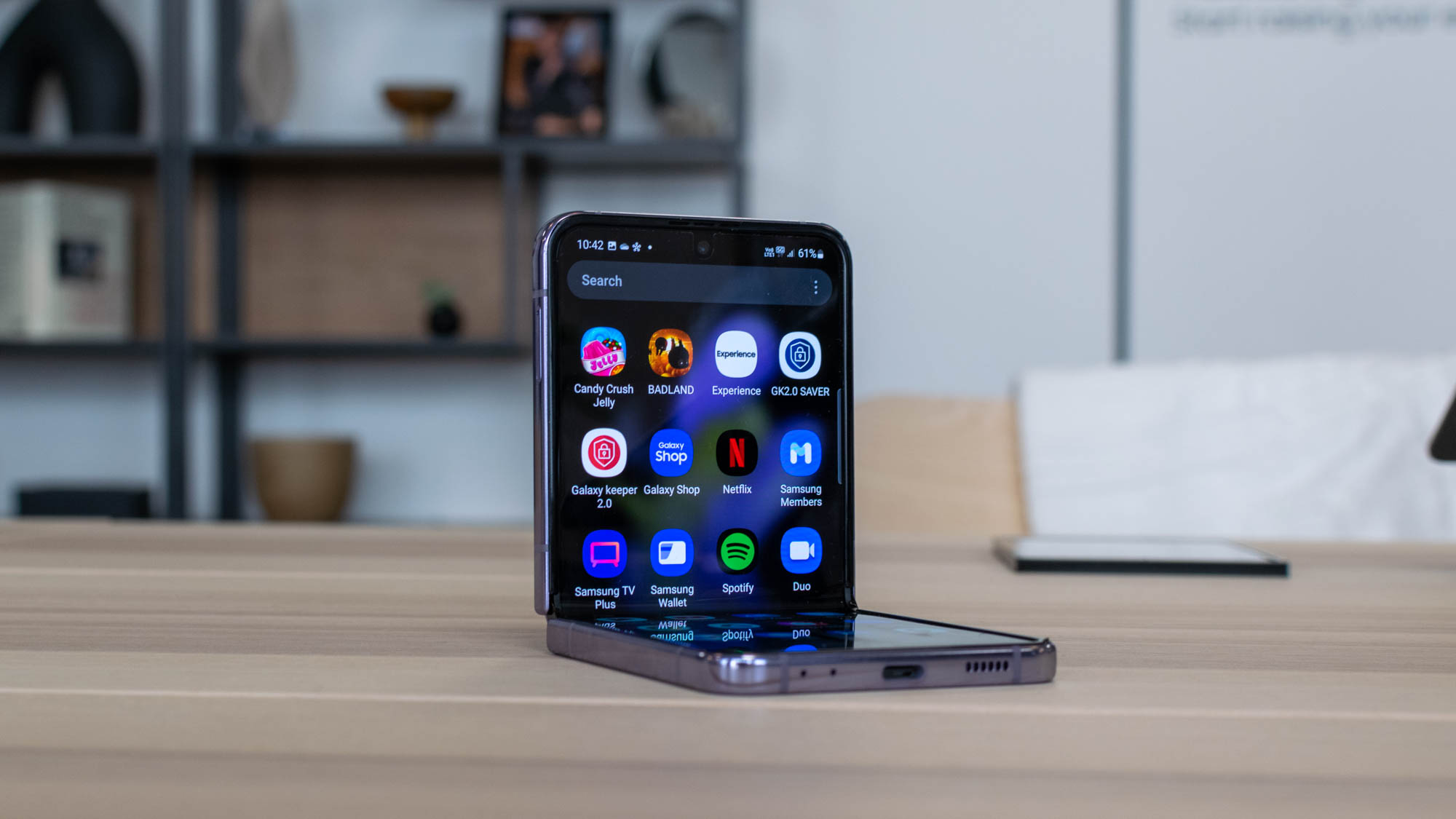 Samsung Galaxy Z Flip 4 hands-on review: A welcome (if minor) update
Samsung Galaxy Z Flip 4 hands-on review: A welcome (if minor) updateFirst look Samsung’s latest foldable is appealing, but does little to stand out from its predecessor
By Adam Shepherd Published
-
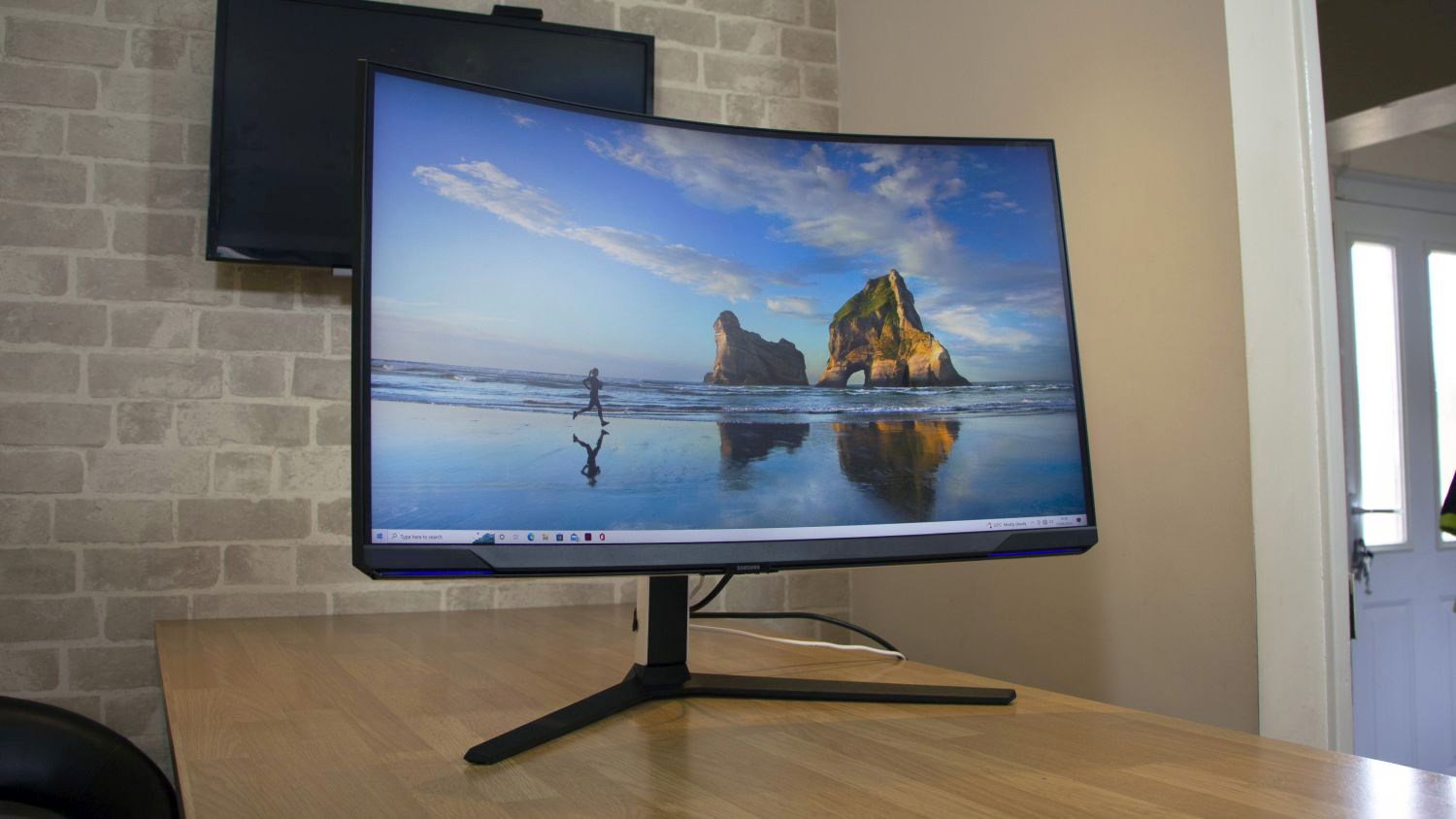
 Samsung Odyssey Neo G8 review: A groundbreaking display for work and play
Samsung Odyssey Neo G8 review: A groundbreaking display for work and playReviews The world’s first 4K/240Hz screen delivers sensational contrast and great colours, albeit for a high price
By Mike Jennings Published